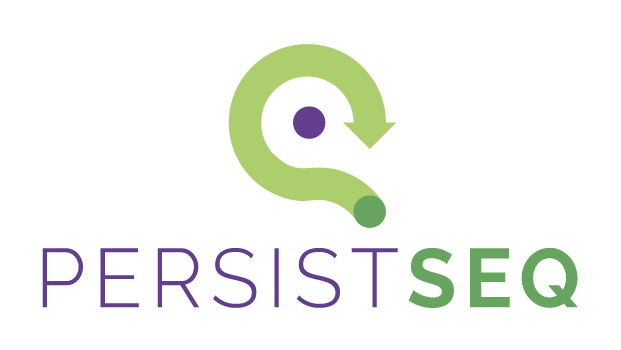Summary
Cancer kills almost 10 million people globally every year, making it a leading cause of death. Some 90 % of these deaths occur in people who initially responded well to treatment, but whose cancer subsequently became resistant to treatment. The source of this drug resistance lies in rare cancer cells called ‘drug tolerant persister’ cells, or DTPs. Studies show that DTPs survive drug treatments by altering the activity of certain genes. However, the underlying mechanisms behind cancer drug resistance are poorly understood and it is currently difficult to predict, prevent and treat.
The aim of PERSIST-SEQ is to shed new light on the mechanisms behind treatment resistance. To do this, they will develop a standardised approach to studying and sequencing the genetic code of individual cancer cells before, during and after treatment. In total, the project plans to use state-of-the-art technology to characterise 5 million cells and will mainly focus on lung, colorectal and breast cancer.
Ultimately, the project will dramatically add to our understanding of the underlying causes of treatment resistance in cancer, and make it easier for researchers to develop smarter treatment strategies that will better treat cancer and prevent resistance.
Achievements & News
May 2025
Up until fairly recently, women were largely left out of clinical trials and there are still gaps in what we...
Participants
Show participants on mapEFPIA companies
- Astrazeneca AB, Sodertaelje, Sweden
- Bayer Aktiengesellschaft, Leverkusen, Germany
- Merck Kommanditgesellschaft Auf Aktien, Darmstadt, Germany
- Transgene SA, Illkirch-Graffenstaden, France
Universities, research organisations, public bodies, non-profit groups
- Fundacio Institut De Recerca Biomedica (Irb Barcelona), Barcelona, Spain
- Fundacio Privada Institut D'Investigacio Oncologica De Vall-Hebron (Vhio), Barcelona, Spain
- Genome Research Limited Lbg, Saffron Walden, United Kingdom
- Ifom-Istituto Fondazione Di Oncologia Molecolare Ets, Milano, Italy
- Stichting Hubrecht Organoid Technology, Utrecht, Netherlands
- Stichting Oncode Institute, Utrecht, Netherlands
Small and medium-sized enterprises (SMEs) and mid-sized companies (<€500 m turnover)
- Charles River Discovery Research Services Germany GMBH, Freiburg, Germany
- Single Cell Discoveries BV, Utrecht, Netherlands
- Stichting Lygature, Utrecht, Netherlands
- Xenopat SL, Hospitalet De Llobregat, Spain
Third parties
- Koninklijke Nederlandse Akademie Van Wetenschappen - Knaw, Amsterdam, Netherlands
- Stichting Het Nederlands Kanker Instituut-Antoni Van Leeuwenhoek Ziekenhuis, Amsterdam, Netherlands
| Participants | |
|---|---|
| Name | EU funding in € |
| Fondazione Del Piemonte Per L'Oncologia (left the project) | 7 834 |
| Fundacio Institut De Recerca Biomedica (Irb Barcelona) | 375 000 |
| Fundacio Privada Institut D'Investigacio Oncologica De Vall-Hebron (Vhio) | 374 995 |
| Genome Research Limited Lbg | 372 446 |
| Ifom-Istituto Fondazione Di Oncologia Molecolare Ets | 367 166 |
| Single Cell Discoveries BV | 2 105 000 |
| Stichting Hubrecht Organoid Technology | 374 660 |
| Stichting Lygature | 549 129 |
| Stichting Oncode Institute | 406 875 |
| Xenopat SL | 375 000 |
| Third parties | |
| Name | Funding in € |
| Koninklijke Nederlandse Akademie Van Wetenschappen - Knaw | 1 374 500 |
| Stichting Het Nederlands Kanker Instituut-Antoni Van Leeuwenhoek Ziekenhuis | 375 375 |
| Total Cost | 7 057 980 |
